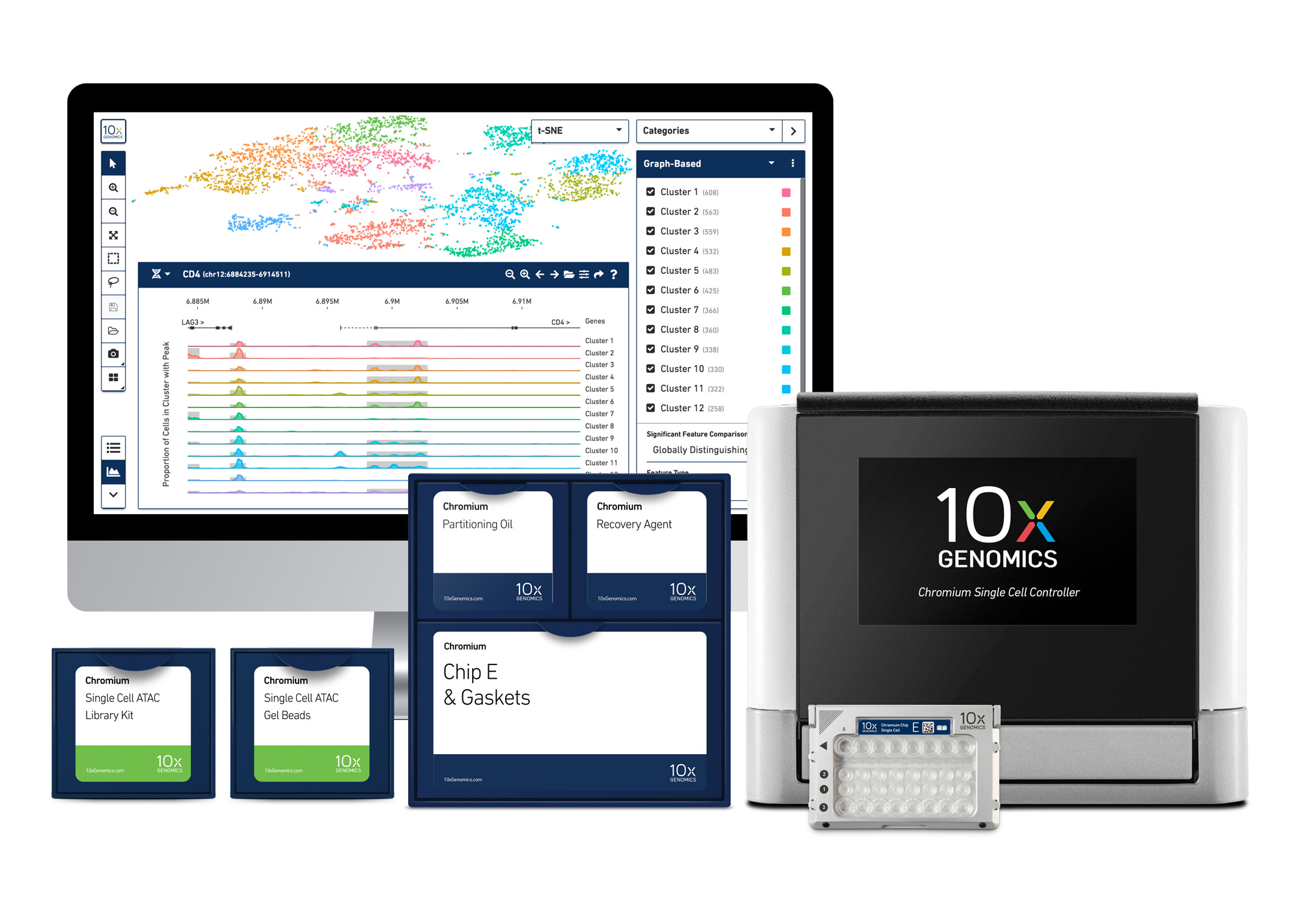|
Data warehousing is a revolutionary technology that has transformed the way organizations manage and analyze their data. It offers a centralized repository for storing and organizing vast amounts of information, enabling businesses to make informed decisions based on comprehensive insights. The main objective of data warehousing is to integrate data from various sources into a single, unified view. This consolidation eliminates data silos and provides a holistic perspective, allowing analysts and decision-makers to gain actionable intelligence. By structuring data in a way that is optimized for analytics, organizations can unleash the full potential of big data. One of the key benefits of data warehousing is its ability to support complex queries and advanced analytics. Traditional databases are not designed to handle large-scale analytical tasks efficiently. In contrast, data warehouses are purpose-built for these operations, offering optimized performance and query response times. With the ability to quickly process and analyze massive datasets, organizations can uncover valuable insights that can drive strategic initiatives and improve operational efficiency. Moreover, data warehousing facilitates historical data analysis. By capturing and storing data over time, organizations can track trends, patterns, and changes in customer behavior, market dynamics, and business performance. This longitudinal analysis provides a comprehensive understanding of past events and enables predictive modeling to anticipate future trends and outcomes. Data warehousing also plays a crucial role in data governance and compliance. As organizations collect and store vast amounts of data, they must ensure its integrity, security, and privacy. Data warehouses provide robust mechanisms for data quality control, access management, and regulatory compliance. By enforcing stringent data governance practices, organizations can mitigate risks and protect sensitive information. Furthermore, data warehousing fosters collaboration and knowledge sharing across an organization. By centralizing data and making it easily accessible to authorized users, departments and teams can collaborate effectively, align their strategies, and make data-driven decisions. This promotes a culture of data-driven decision-making and empowers employees at all levels to contribute to the organization's success. In conclusion, data warehousing is a game-changer in the realm of big data analytics. It offers organizations a powerful tool to consolidate, analyze, and derive insights from vast amounts of data. With its ability to support complex queries, enable historical analysis, ensure data governance, and promote collaboration, data warehousing unlocks new opportunities for businesses to thrive in the digital age. By harnessing the power of data warehousing, organizations can gain a competitive edge and pave the way for innovation and growth.  |
